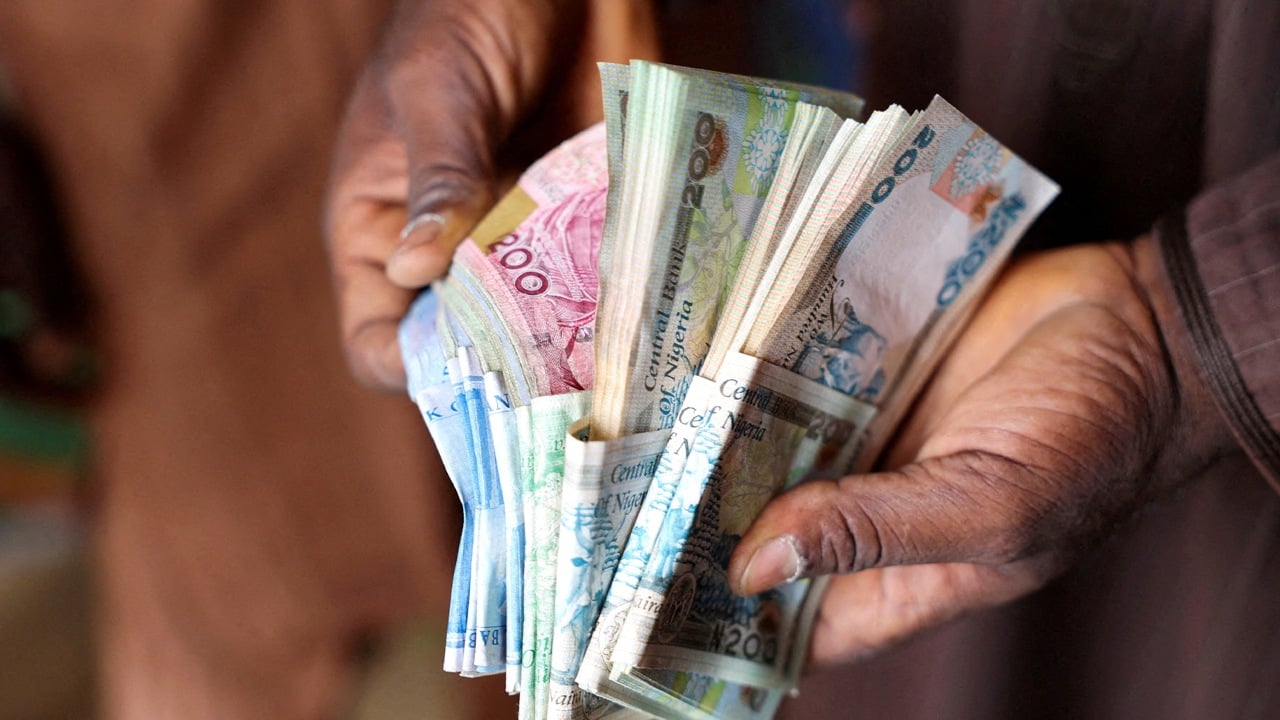Philippines Cracks Down On Crypto Crime: 2 Russians Indicted In $7 Million Heist
The Department of Justice (DOJ) charged two former consultants for Coins.ph, a well-known crypto currency exchange, in an action shocking the Philippine bitcoin community. Russian nationals Vladimir Evgenevich Avdeev and Sergey Yaschuck are accused of launching a carefully thought out hack that led in the loss of an astounding 12.2 million XRP, valued at around […]

The Department of Justice (DOJ) charged two former consultants for Coins.ph, a well-known crypto currency exchange, in an action shocking the Philippine bitcoin community. Russian nationals Vladimir Evgenevich Avdeev and Sergey Yaschuck are accused of launching a carefully thought out hack that led in the loss of an astounding 12.2 million XRP, valued at around PHP 340 million (about $7 million USD).
Trust Breached: Using Inside Knowledge
Leveraging their former consulting positions at Coins.ph, Avdeev and Yaschuck allegedly used their thorough awareness of the company’s network infrastructure and security systems. Investigators said that this insider information let them have illegal access to the company’s computers by bypassing security protocols.
“The recorded suspicious system logins create a clear picture,” said a panel prosecutor in an eight-page ruling outlining the accusations. “The offenders had a close knowledge of our network architecture, safe access mechanisms, and server infrastructure.” The DOJ thinks that this careful preparation distinguishes this case from usual intrusions and emphasises the alarming trend of insider threats in the bitcoin sector.
Track The Crypto: Obfuscation And Digital Laundering
Authorities assert that the accused quickly moved the stolen XRP across a number of unnamed bitcoin exchanges following a successful attack on Coins.ph’s defences. The DOJ claims that this complex laundering operation was an attempt to hide the source and destination of the pilfers, therefore complicating the digital trail tracking process.
This case highlights the changing strategies of hackers, said Philippine Justice Secretary Jesus Remulla in a speech. “They are always developing more advanced methods to take advantage of weaknesses and launder their loot.” Remulla underlined the DOJ’s dedication to fight cybercrime in the digital era and promised to make use of all tools at hand to bring these people to jail and retrieve the pilfers of money. The Ripple Effect: Cybersecurity Issues & Increased Awareness
The Coins.ph incident reminds us sharply of the cybersecurity issues the developing Philippine bitcoin market faces. The case emphasises the importance of strong security policies inside virtual currency exchanges especially in relation to outside consultants who can have privileged access.
“This event emphasises the need of giving cybersecurity top priority in the sector,” said a PBA spokesman. Calling for an immediate meeting to address possible preventative actions and cooperation with government agencies to strengthen cyber defences, the PBA, an industry advocacy organisation,
In its statement, the DOJ advised Filipinos using internet financial transactions to be especially vigilant. “Staying aware and vigilant in online is vital,” Secretary Remulla said. “Working together will help us to establish a more safe digital space for everyone.”
It is yet unknown what result this historic cybercrime case produces. Given the complexity of digital asset recovery and international collaboration maybe needed to capture the culprits, the legal fight seems to be a long one.
Featured image from Canva, chart from TradingView
What's Your Reaction?




















